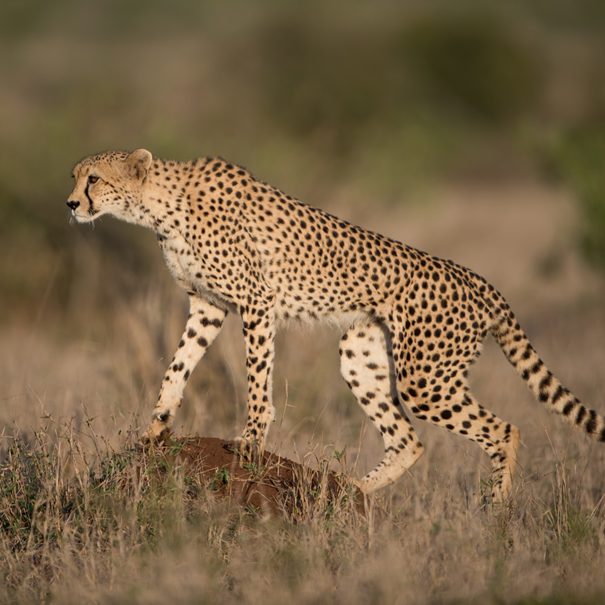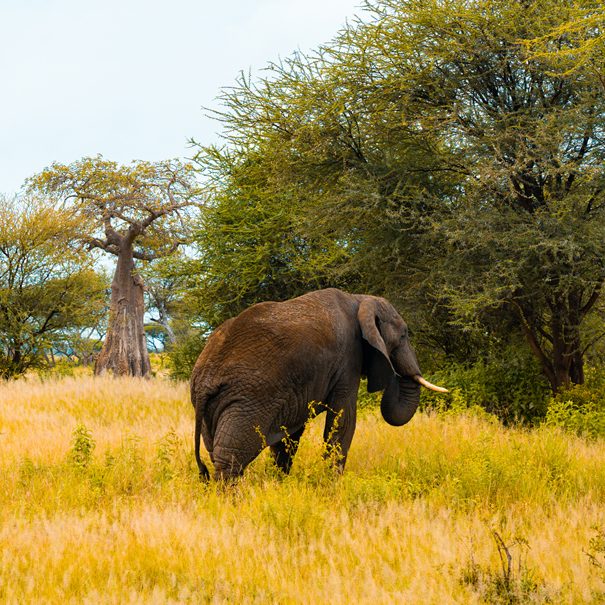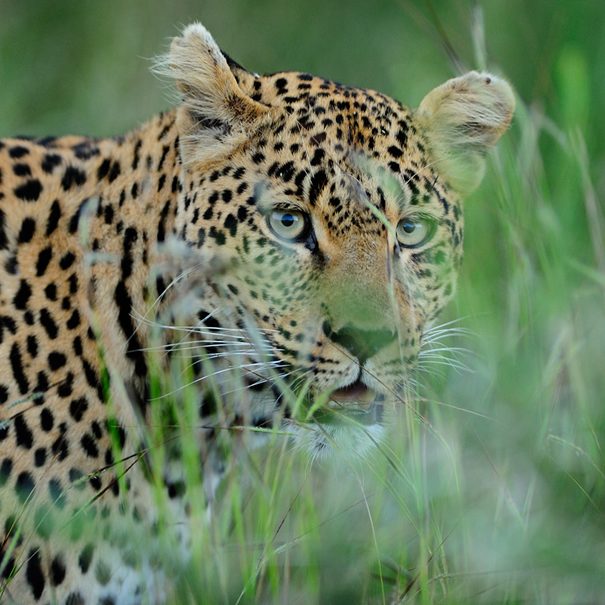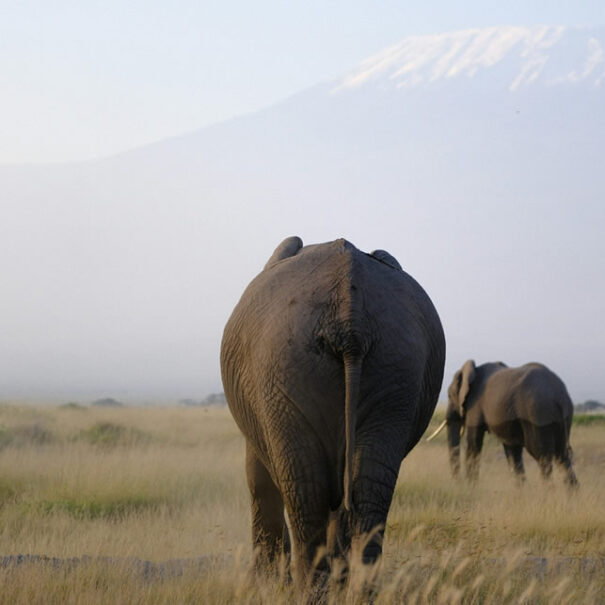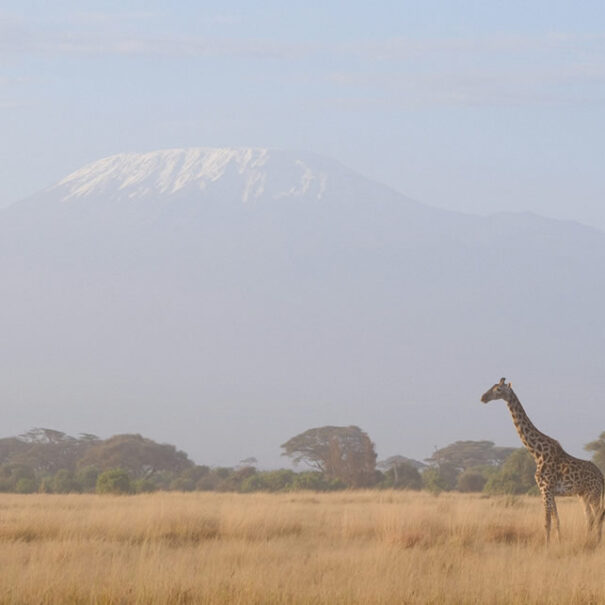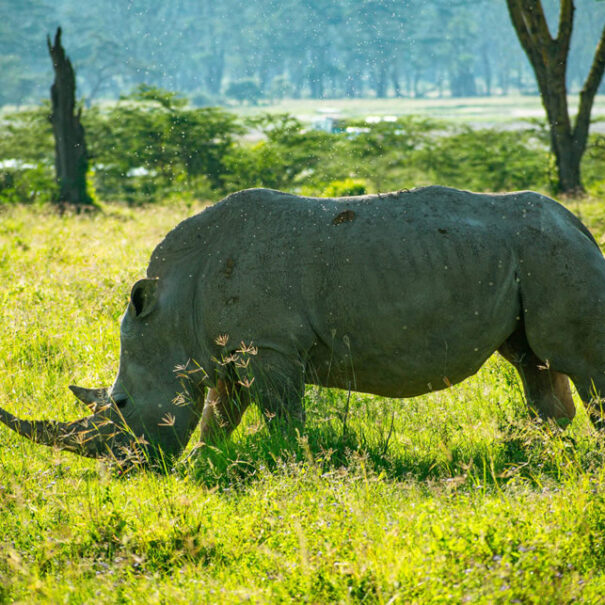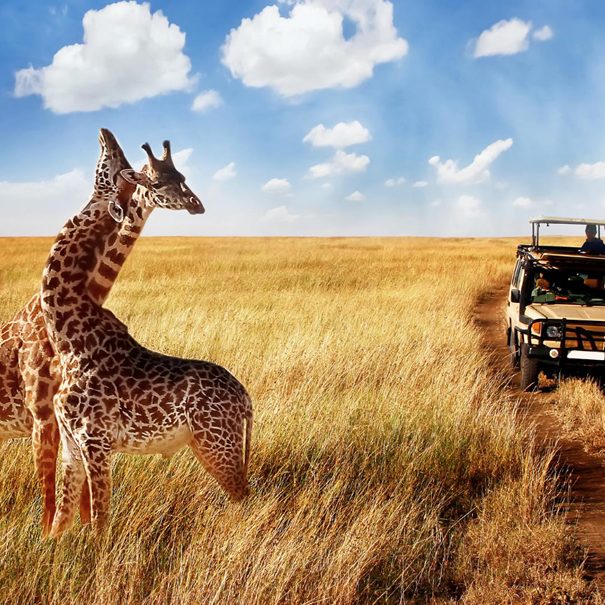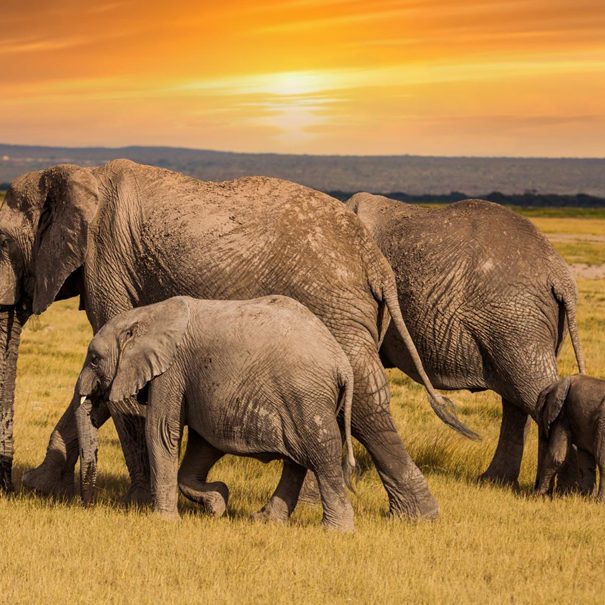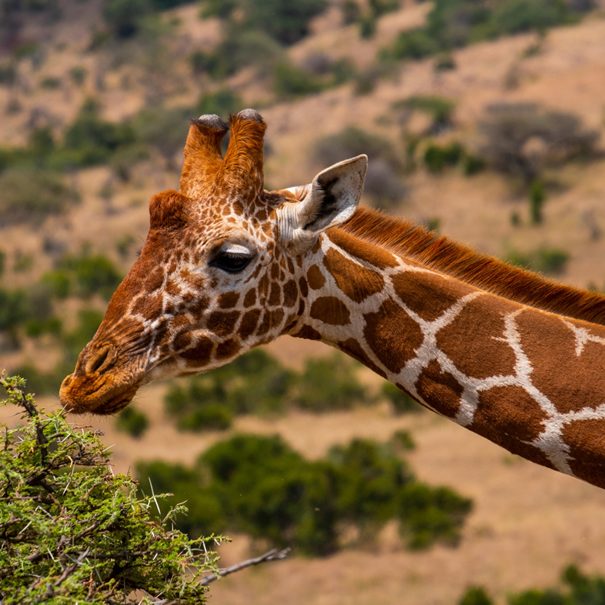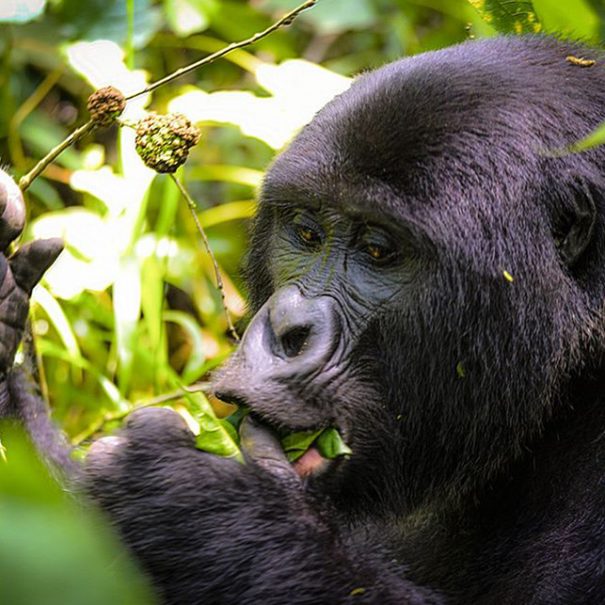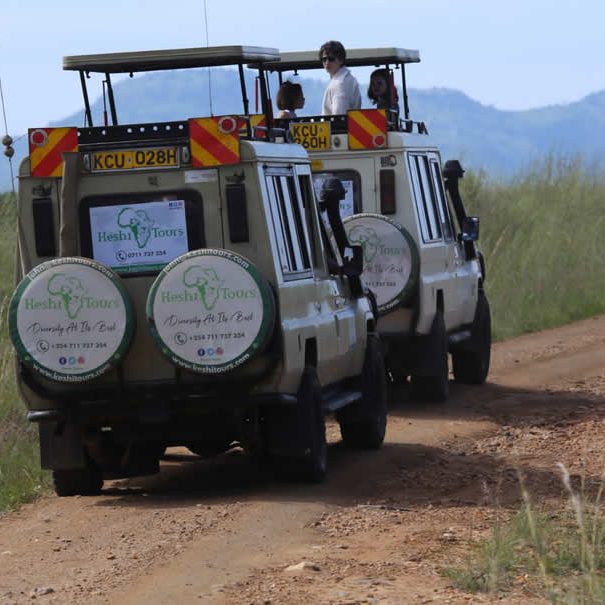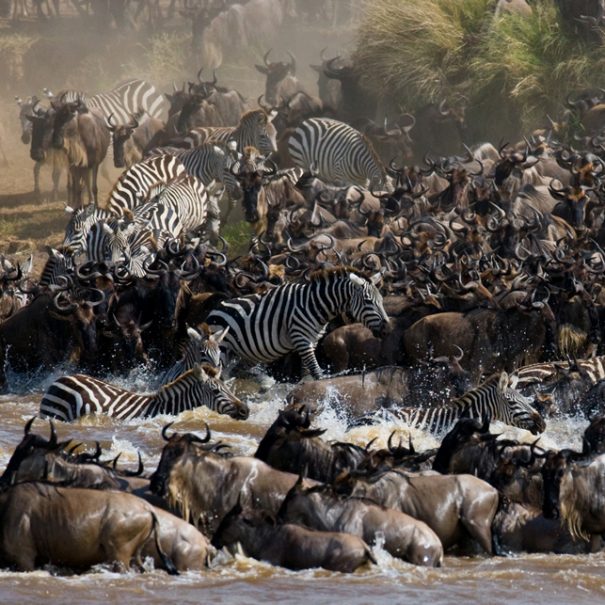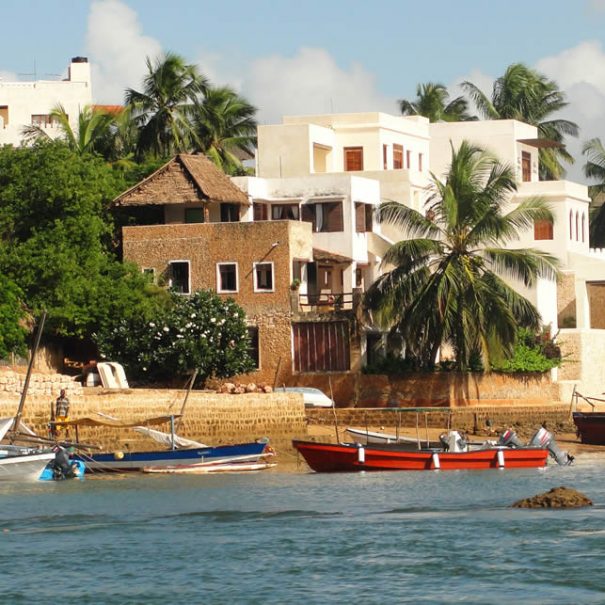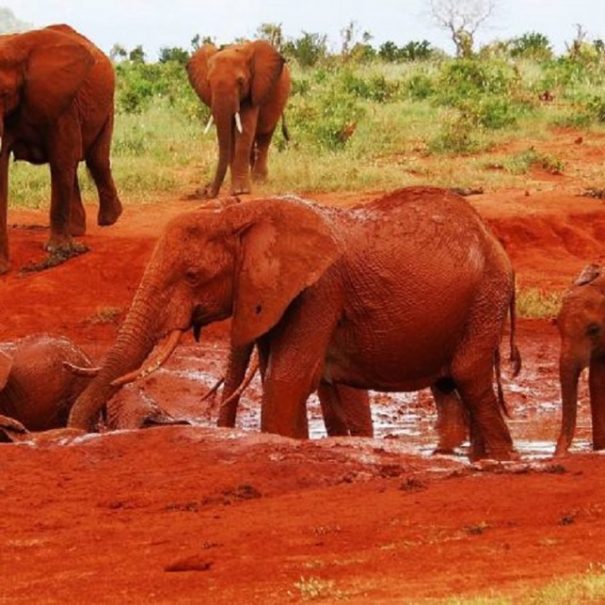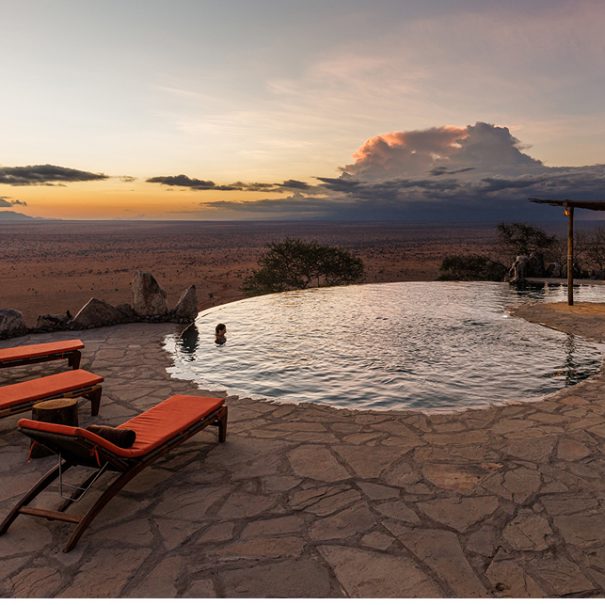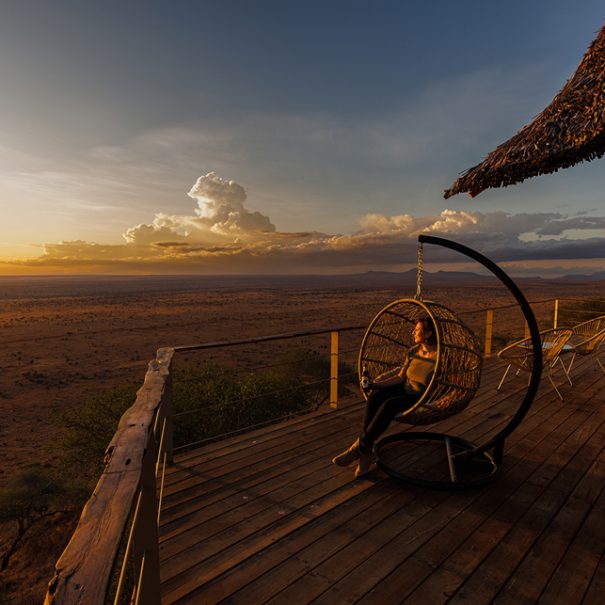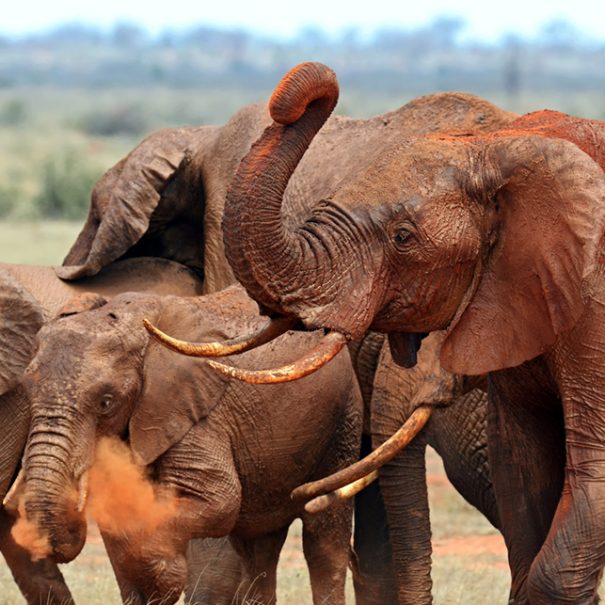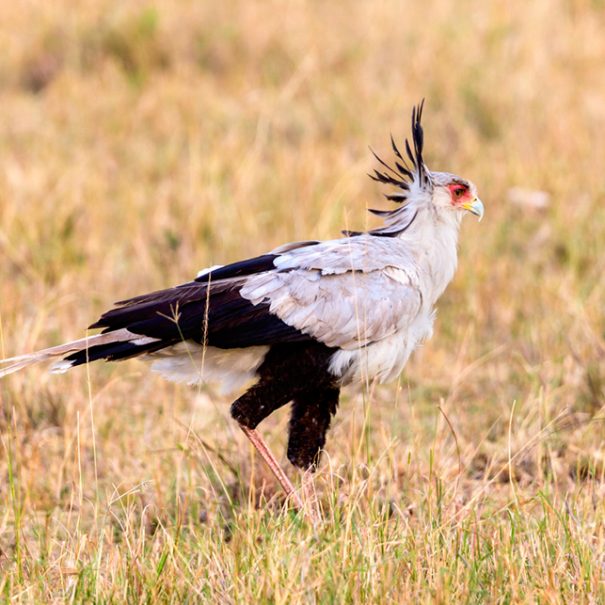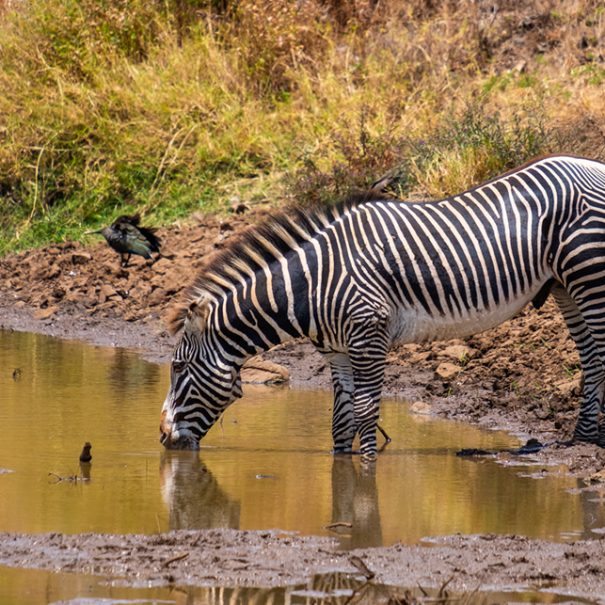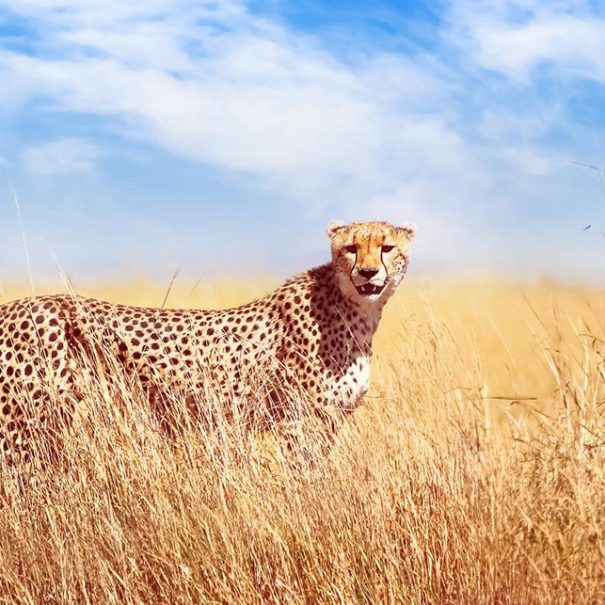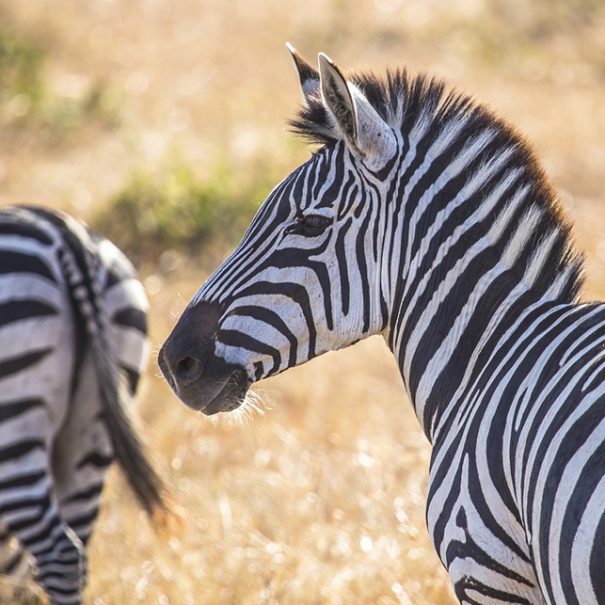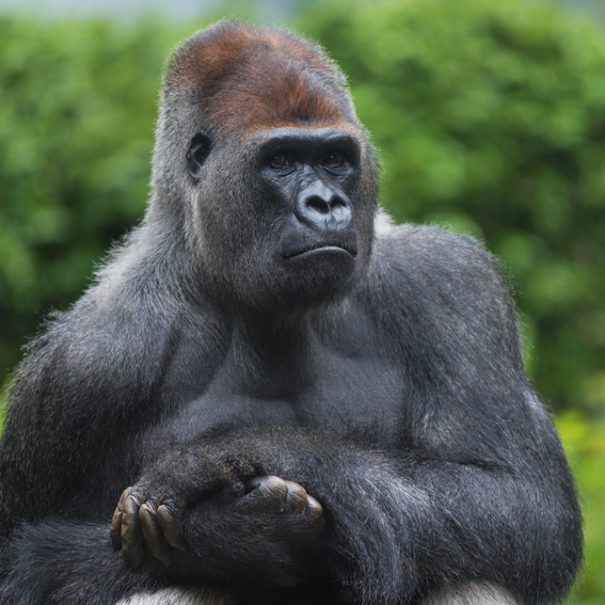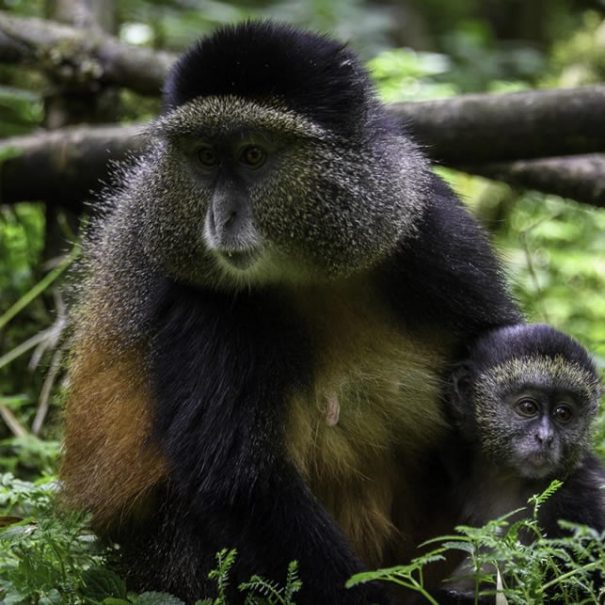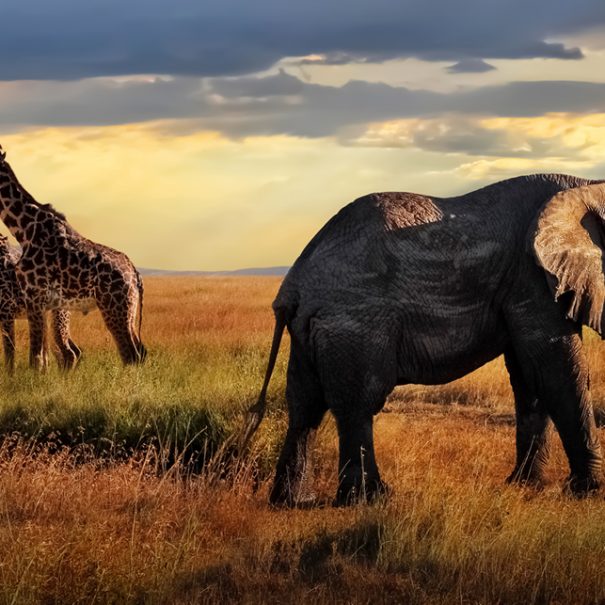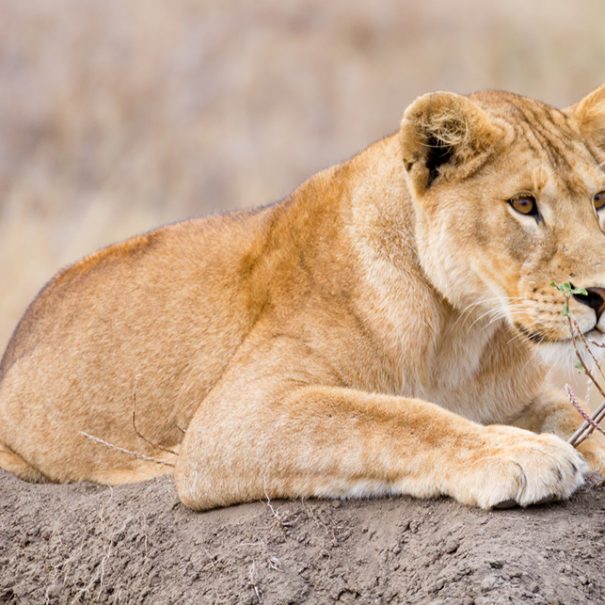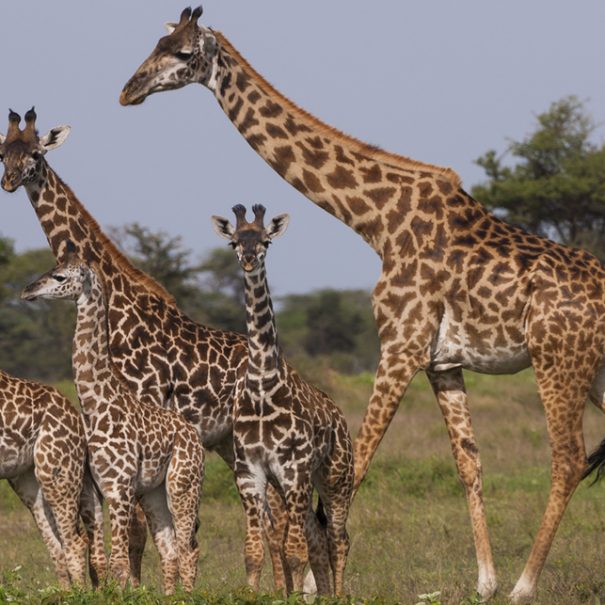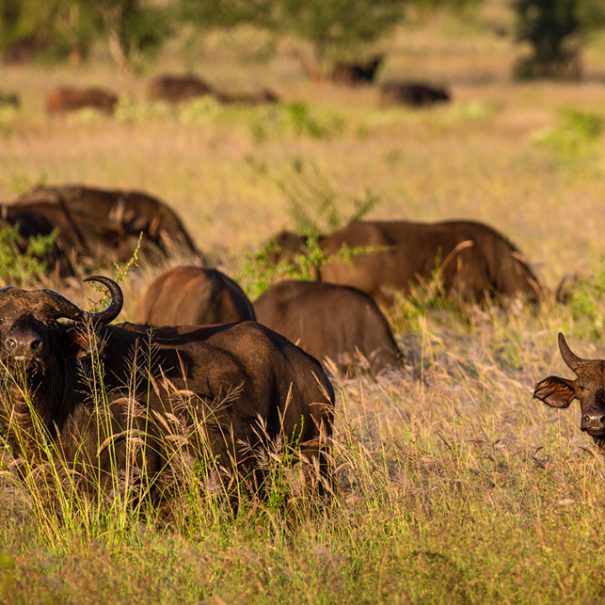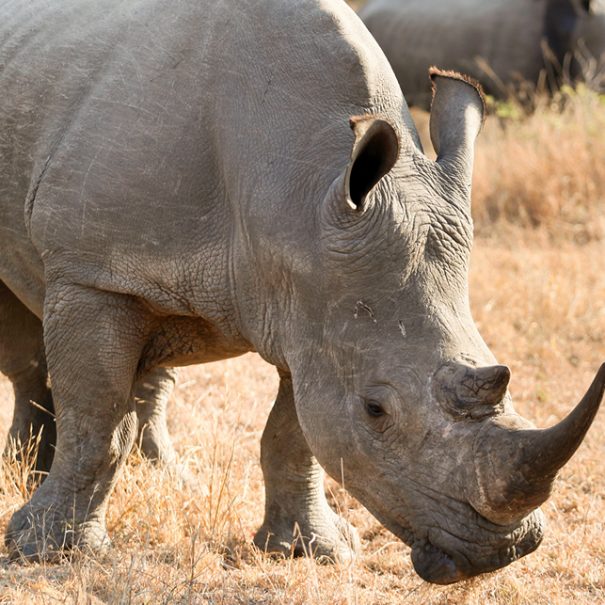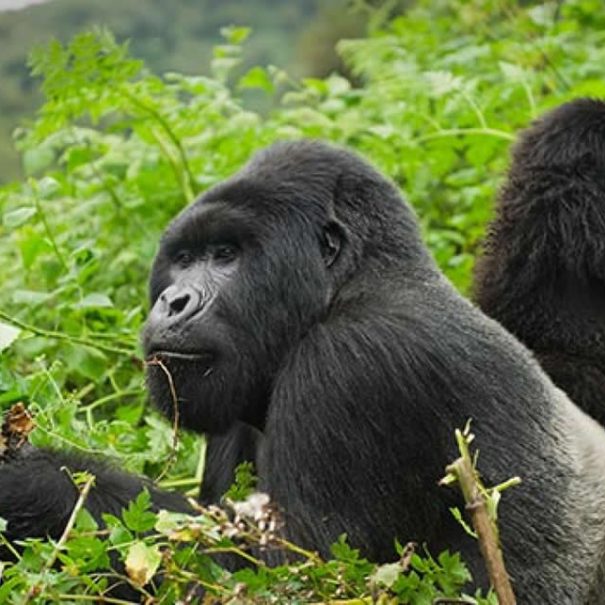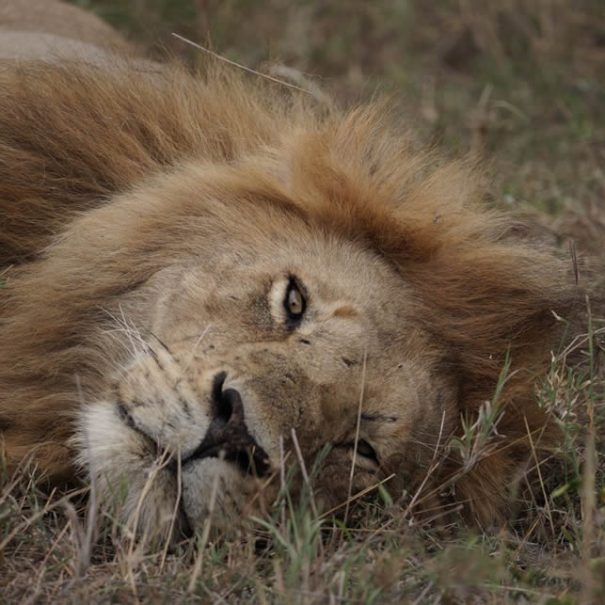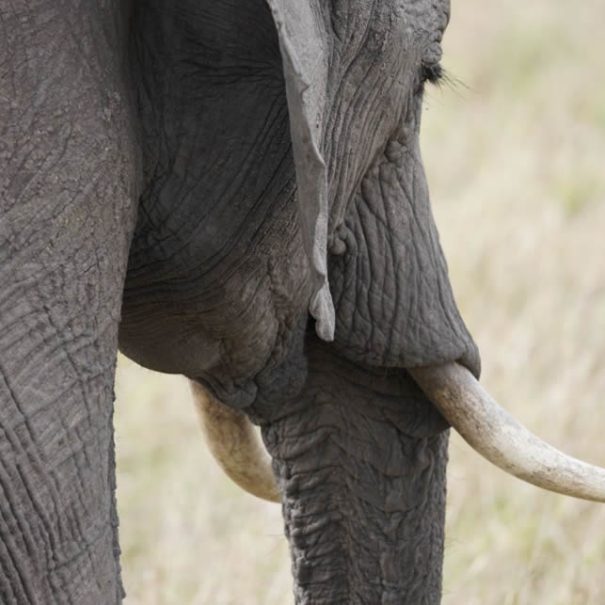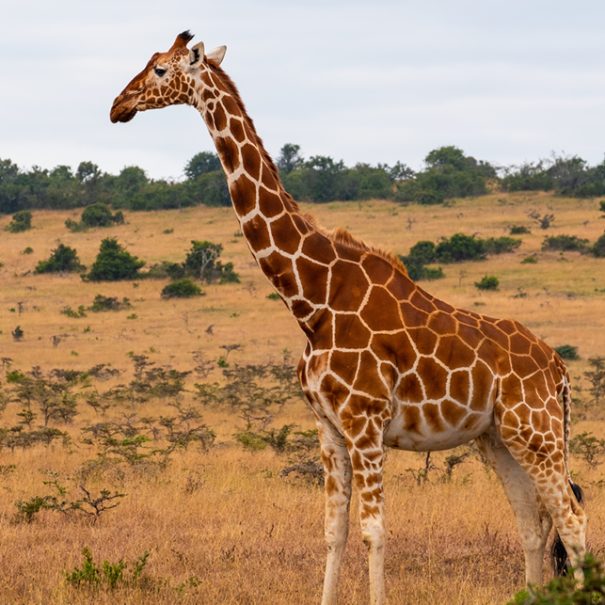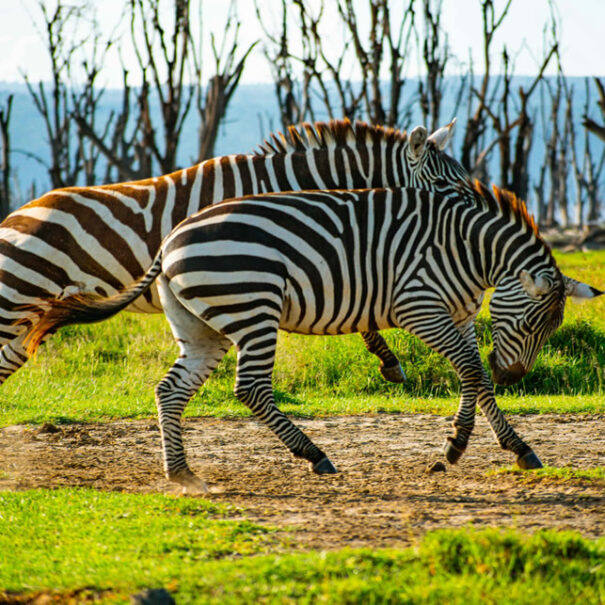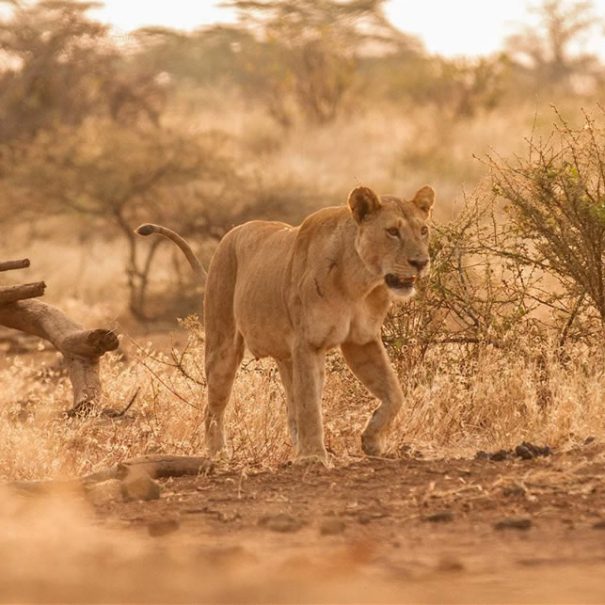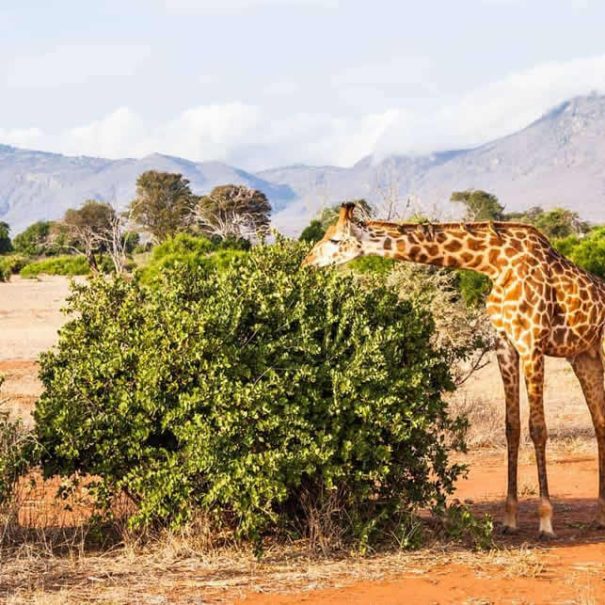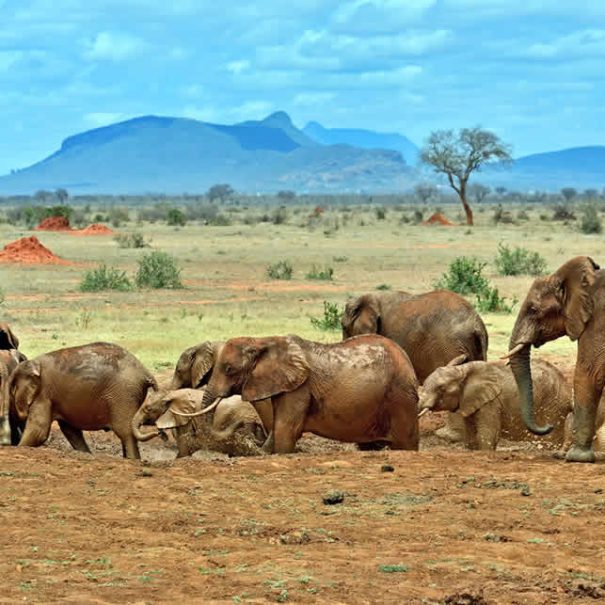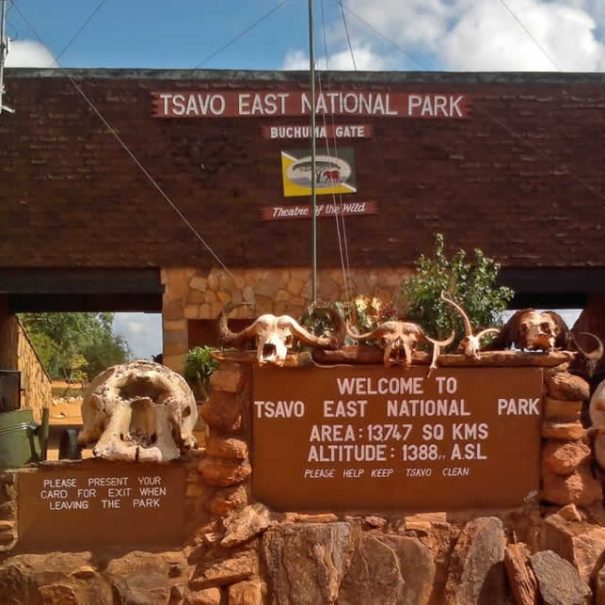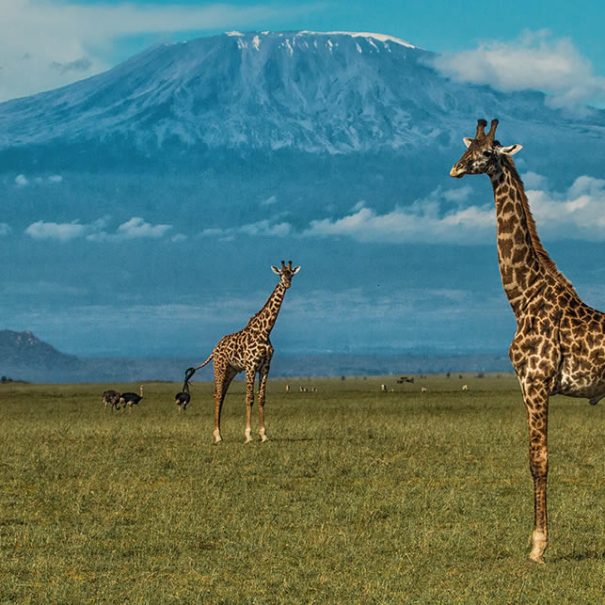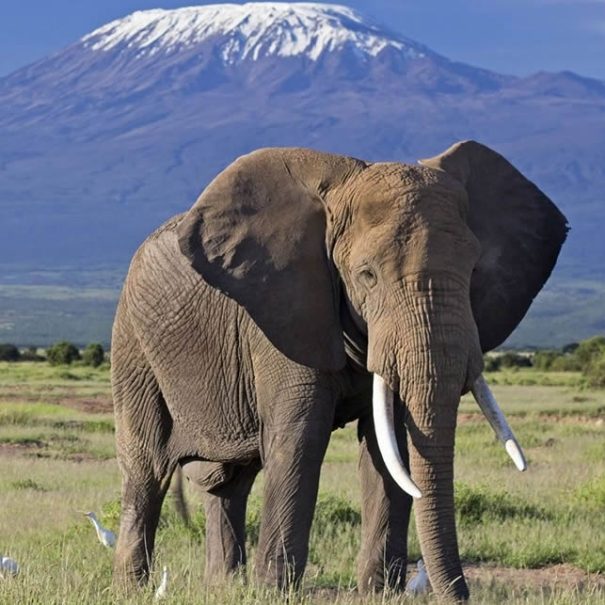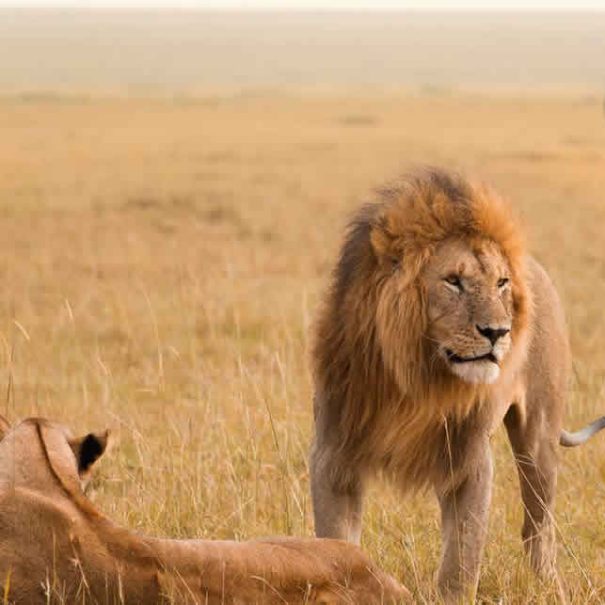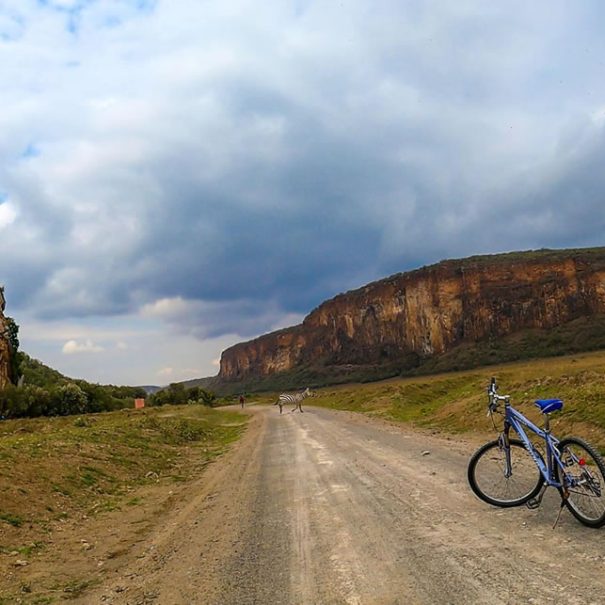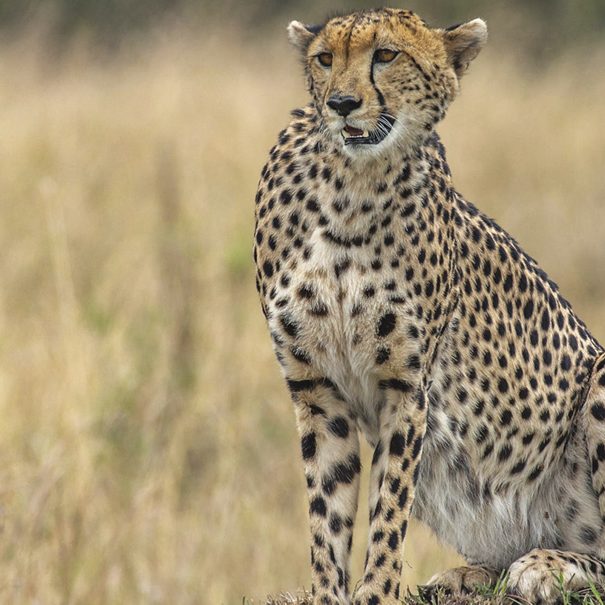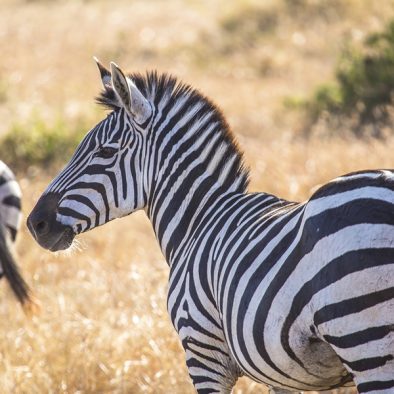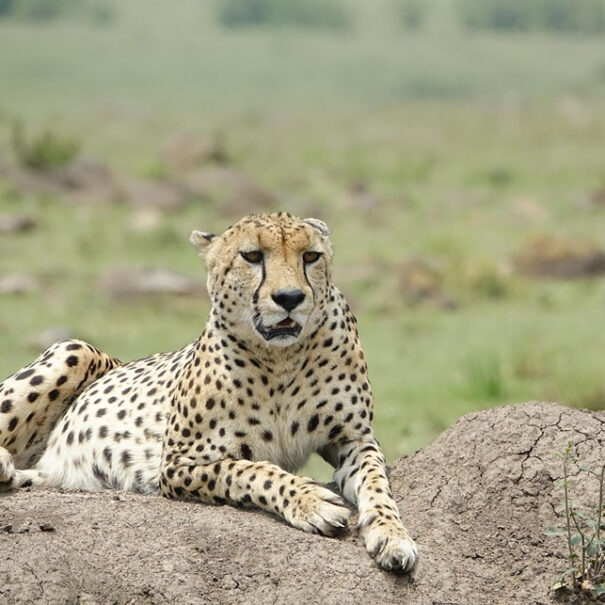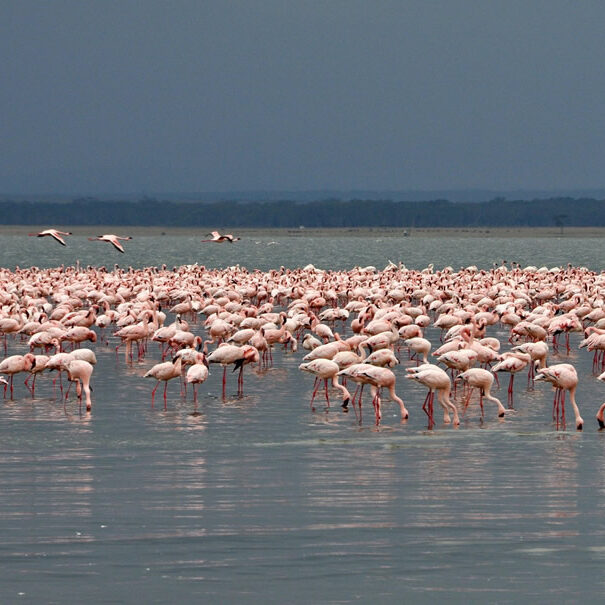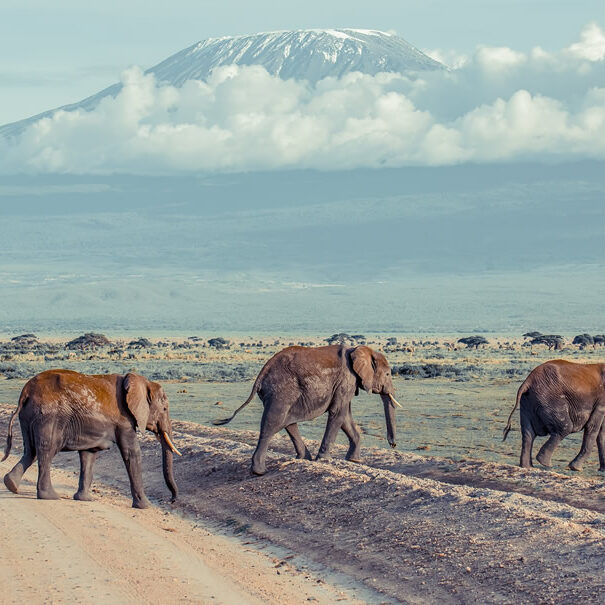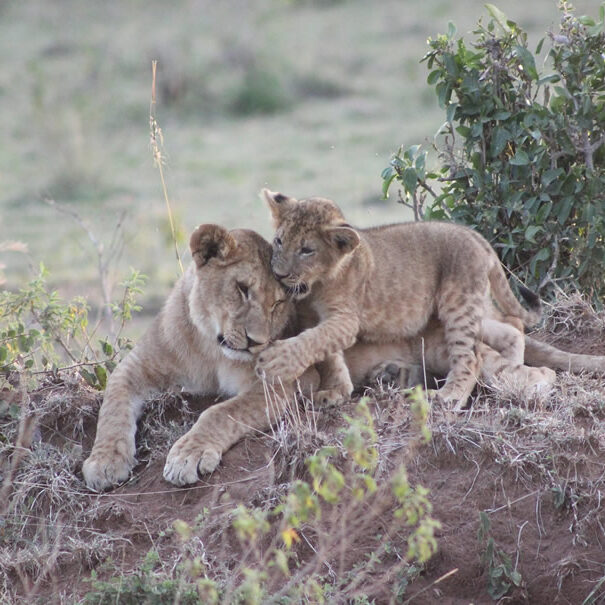Amboseli National Park, located in southern Kenya, is an iconic destination known for its spectacular views of Mount Kilimanjaro and its large elephant herds. As one of Kenya’s most beloved parks, it draws thousands of visitors each year who come to explore its diverse ecosystems, spot wildlife, and experience the rich culture of the Maasai community. Whether you’re planning a short visit or a longer stay, understanding the Amboseli Park Fees is crucial for budgeting your trip effectively.
1. Park Entry Fees
Amboseli Park Fees are divided into three main categories: East African Citizens, Residents, and Non-Residents. Additionally, these fees differ depending on the season. The high season runs from July to February, while the low season spans from March to June.
East African Citizens
East African Citizens, including individuals from Kenya, Uganda, Tanzania, Rwanda, Burundi, South Sudan, and the Democratic Republic of Congo (DRC), enjoy discounted rates for entry into the park. These rates remain consistent throughout both the high and low seasons, making it easy for East African nationals to budget their visit.
-
Adults: Ksh 800
-
Children/Students: Ksh 215
East African nationals must present proof of citizenship, such as a national ID or passport, to access these discounted Amboseli Park Fees. The entry fee structure is designed to promote domestic and regional tourism by making the park more accessible to people within the region.
Residents
Residents, regardless of nationality, are individuals who live in Kenya and have valid documentation proving their residency. This category includes expatriates and foreign nationals who have been residing in the country for an extended period.
-
Adults: Ksh 800
-
Children/Students: Ksh 215
The fee structure for Residents supports local engagement with the park and ensures that individuals living in Kenya can enjoy Amboseli without paying the higher Amboseli Park Fees charged to international visitors.
Non-Residents
Non-Residents are international visitors who are not residents of Kenya. For this group, Amboseli Park Fees are higher, reflecting the park’s global appeal and conservation efforts. These fees are also seasonal:
-
High Season (July – February):
-
Adults: $70
-
Children/Students: $20
-
-
Low Season (March – June):
-
Adults: $60
-
Children/Students: $20
-
Non-Residents should note that fees are charged in USD and may fluctuate slightly with exchange rates or policy changes by the Kenya Wildlife Service (KWS).
Children
For children aged between 3 and 18 years, reduced Amboseli Park Fees apply, making it a family-friendly destination. Children under the age of 3 typically enjoy free entry, adding even more value for traveling families.
2. Camping Fees
If you’re planning to stay overnight, Amboseli offers camping options that cater to all kinds of travelers. As with entry fees, Amboseli Park Fees for camping are based on visitor category and the type of campsite.
Public Campsites
Affordable and open to all on a first-come, first-served basis, public campsites are perfect for budget-conscious travelers.
-
East African Citizens/Residents:
-
Adults: Ksh 250
-
Children/Students: Ksh 200
-
-
Non-Residents:
-
Adults: $30
-
Children/Students: $25
-
These camps offer basic amenities but a deeply immersive experience for those willing to rough it under the stars.
Special Campsites
Offering better facilities and privacy, special campsites must be booked in advance through KWS.
-
East African Citizens/Residents:
-
Adults: Ksh 500
-
Children/Students: Ksh 200
-
-
Non-Residents:
-
Adults: $50
-
Children/Students: $25
-
These slightly higher Amboseli Park Fees for special campsites are worth it for travelers seeking comfort and exclusivity in the wild.
3. Vehicle Entry Fees
Another important component of Amboseli Park Fees is the cost of vehicle entry, which varies by size and seating capacity:
-
Vehicles with less than 6 seats: Ksh 500
-
Vehicles with 6 to 12 seats: Ksh 1,500
-
Vehicles with 13 to 24 seats: Ksh 3,000
-
Vehicles with 25 to 44 seats: Ksh 4,500
-
Vehicles with 45 seats and above: Ksh 5,000
These charges help support the park’s infrastructure and upkeep, ensuring smooth access and quality safari experiences for all visitors.


